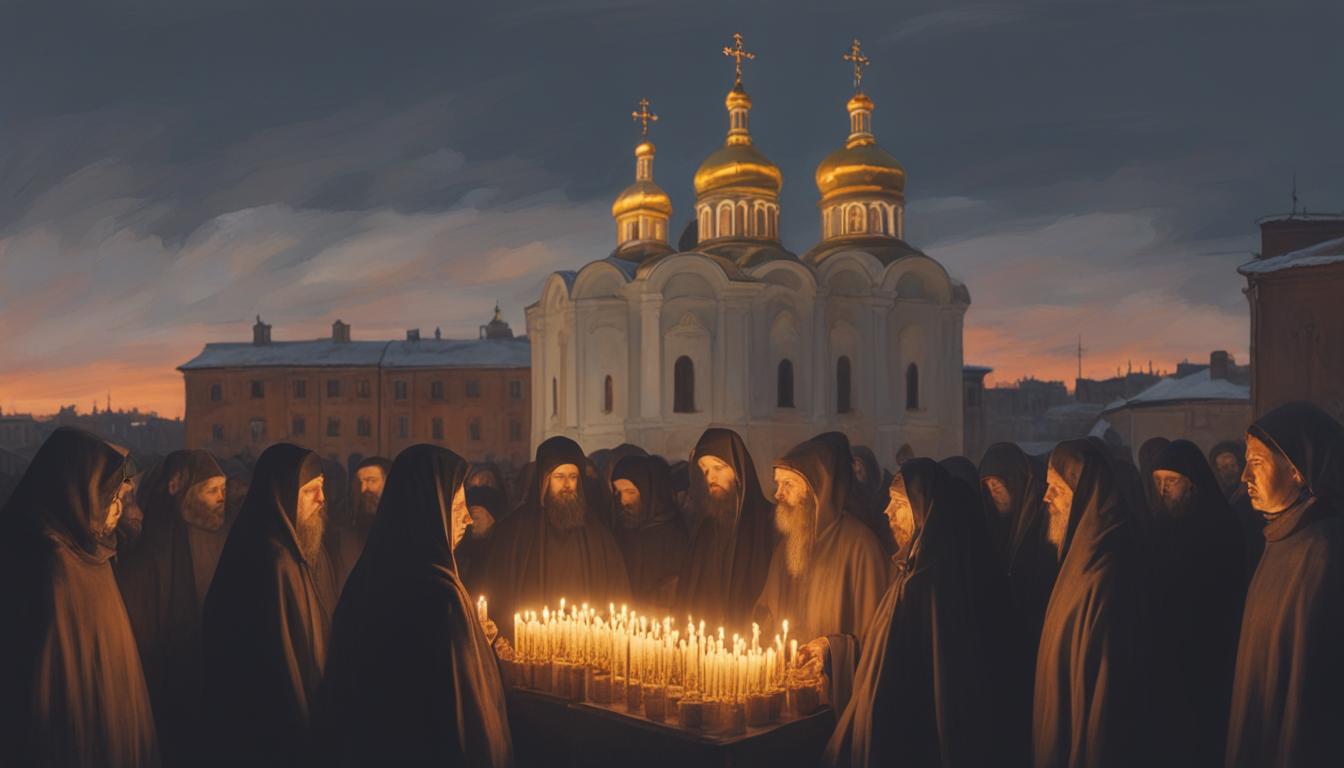On Orthodox Easter Sunday, attacks in Kharkiv, Ukraine led to casualties and power outages, amid heightened global security tensions and discussions of international mediation by China.
On Orthodox Easter Sunday, Kharkiv, Ukraine, was hit by Russian attacks that resulted in the death of a woman and 24 others injured, as stated by regional officials. The assaults also caused power outages in Kharkiv and Sumy regions, with additional incidents noted including drone attacks and explosions. In further violence, two individuals were killed in Pokrovsk, and two were injured in Chasiv Yar in Donetsk region, according to Vadim Filashkin, head of the local military administration.
During the same period, Ukrainian President Volodymyr Zelenskiy delivered an Easter address urging unity and support for national soldiers. He symbolically mentioned that “God has a chevron with the Ukrainian flag on his shoulder,” reflecting hope and resilience. Concurrently, Russian forces have reported taking control of the devastated village of Ocheretyne in Donetsk region, with significant concerns over the targeting of critical infrastructure in Sumy.
Internationally, the ongoing conflict in Ukraine has drawn attention to Chinese President Xi Jinping’s visit to Paris, where discussions focused on leveraging China’s influence to mediate in the Ukraine situation, amid Europe’s appeals for Xi to intervene.
Separately, rising concerns have been voiced by US intelligence concerning the strengthening military relations between China and Russia, as exemplified in recent joint exercises, particularly related to Taiwan. This development, seen in the broader context of heightened global security tensions, was discussed during a US congressional hearing where the strategic military partnership between China and Russia was highlighted. This alliance, described as having “no limits”, presents potential broader implications for Taiwan, with the United States remaining a key ally in defense and security matters for Taiwan amidst these geopolitical shifts.













